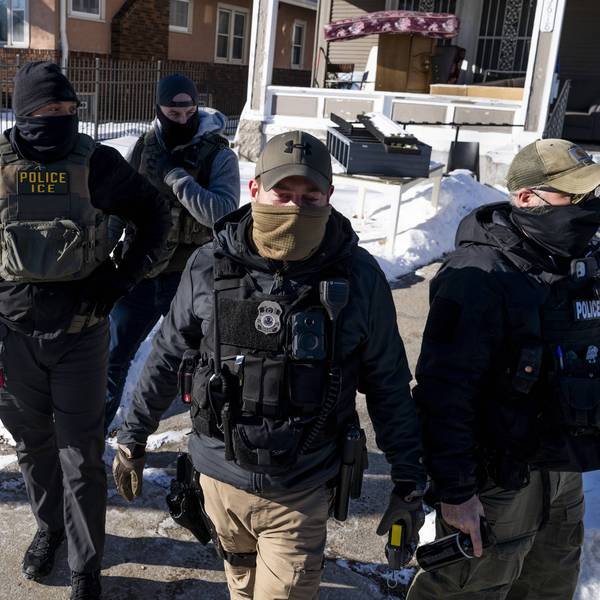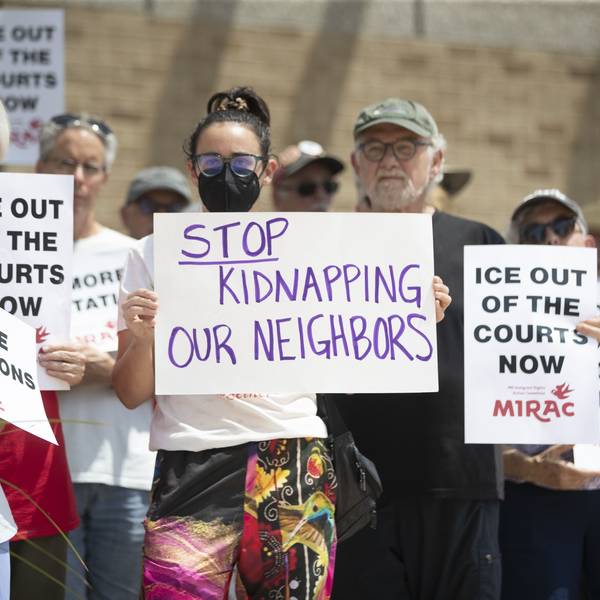Criminal justice reform advocates applauded Philadelphia District Attorney Larry Krasner's decision, announced on Wednesday, to end its cash bail requirements for low-level, non-violent offenses--a system that critics say punishes the poor and perpetuates the cycle of poverty.
"There is absolutely no reason why someone who will show up for court, is not a flight risk, and is no threat to their neighbors and community, needs to sit in jail for days because they can't post a small amount of bail," said Krasner.
The anti-mass incarceration group Just Leadership USA called the move "an unprecedented step in the right direction to end cash bail and decarcerate Philadelphia."
"DA Krasner acknowledged that the criminal justice system systemically discriminates against poor people and people of color," said Brent J. Cohen, interim CEO and vice president of the group.
Effective immediately, accused offenders charged with one or more of 25 low-level crimes, including criminal mischief, fraud in obtaining food stamps or other forms of social welfare, prostitution, and retail theft, will no longer be held in jail while they await trial, for failure to make a bail payment.
Nearly 33 percent of the offenders held in the city's jails are unable to leave because they cannot afford bail, and more than half of them remain in jail for more than 30 days.
The cash bail system often pushes offenders to accept plea deals. Many "plead guilty because they want that pressure of incarceration off of them," Philadelphia Councilman Curtis Jones said in a speech on the issue in January. "They lose their families, dignity, and respect, and it creates a catastrophic series of events they can't get out of it."
The Black Lives Matter movement has sharpened the national focus on the cash bail system, in which offenders and their families are asked to pay an average of $25,000 to $55,000. The movement has joined with other criminal justice reform groups to post bail for offenders in pre-trial detention.
"In addition to the over $9 billion wasted to incarcerate people who have been convicted of no crime, pre-trial incarceration has catastrophic impacts on families and communities," reads the website for the National Bail Out collective. "Even a few days in jail can ruin a person's life. They may lose their job, their family may lose housing, and some even lose their children."
Philadelphia's new reform comes days after Krasner announced that the city would drop charges for marijuana possession for dozens of residents.




